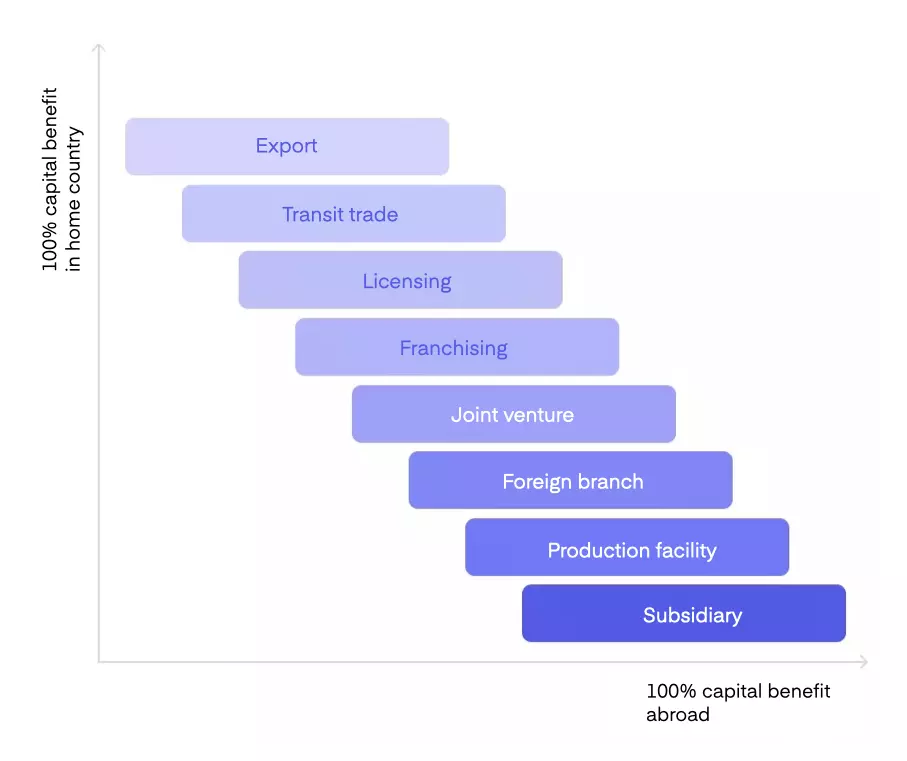INTERNATIONALIZATION - AN INTRODUCTION TO THE TERM
Many people think of the term "internationalization" only in terms of large corporations that operate internationally, high costs and additional work. But what exactly is internationalization? What are the possibilities and motivations for internationalization and what opportunities does it offer?
Internationalization - what is it?
Internationalization is generally understood as a corporate strategy or the development of a company to operate internationally. This means that products or services are no longer only offered on the domestic market, but also in foreign markets or worldwide.
Companies generally have two options here:
1. business: geographical decentralization of company activities in international markets, e.g. by means of a new location
2. information technology: program optimization for easy adaptation to other languages, e.g. through multilingual websites
Program optimization can also take place without geographical decentralization. However, a new location without a corresponding country-specific website is not recommended if you want to operate from the new location.
Internationalization - reasons & possibilities
Reasons
The reasons for a company's internationalization can be as varied as the company itself. For example, an already established business idea may also be promising in other countries or a favorable opportunity for a new location may arise spontaneously. However, one of the main reasons is to open up new markets or increase the international perception of the company.
Both active factors (pull) and passive factors (push) can justify internationalization:
- Pull factors: there is market potential and special expertise within the company or a positive attitude towards foreign activities, there is demand for the product or service in the target country or there are cost advantages abroad
- Push factors: Domestic demand is falling, competitive pressure is increasing, costs are rising due to wage / production costs, for example, or important customers are located abroad

